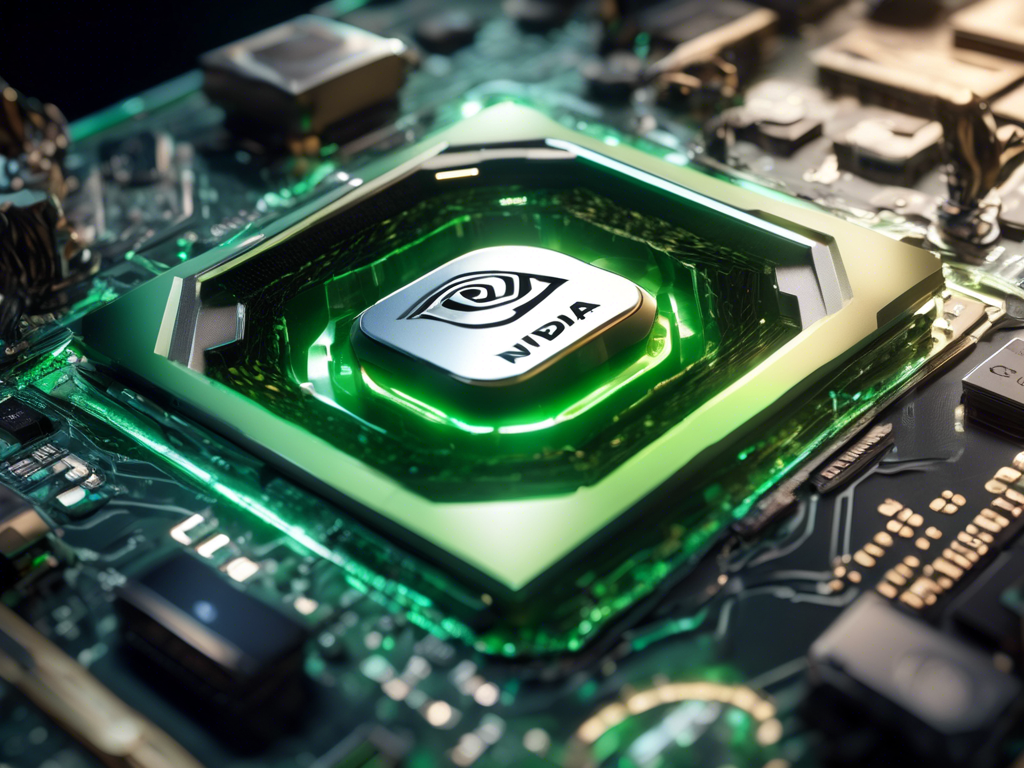Debunking Common Myths About Artificial General Intelligence (AGI)
Artificial General Intelligence (AGI) remains a topic of interest in the tech industry, often surrounded by misconceptions and falsehoods that can hinder understanding of its potential and challenges. SingularityNET (AGIX) aims to address and clarify some of the most prevalent myths associated with AGI.
Myth 1: AGI Is Far Off in the Distant Future
- Many believe that achieving AGI is a task for the distant future.
- Experts have varying opinions on the timeline for AGI development.
- SingularityNET CEO Dr. Ben Goertzel suggests AGI could be achievable within three to eight years, driven by advancements in large language models like Meta’s Llama2 and OpenAI’s GPT-4.
- These advancements have heightened enthusiasm and resources for AGI research, potentially speeding up its realization.
Myth 2: AI Can Learn Independently
- One common misconception is that AI systems can autonomously learn and improve without human intervention.
- In reality, AI learns from data but still requires significant human input for algorithm design, data selection, and ongoing supervision.
- Machine learning models depend on the quality of data and parameters set by engineers for effective learning.
- While reinforcement learning allows AI to learn through interaction with its environment, human oversight is critical.
Myth 3: AI Poses a Threat to Humanity
- There is a widespread fear that AI could become uncontrollable and pose a threat to humanity.
- Current AI systems are designed for specific tasks and operate within predefined boundaries.
- AI lacks autonomy and the ability to act outside of its programmed functions.
- The AI research community is dedicated to developing ethical AI that aligns with human values, prioritizing transparency and accountability.
Myth 4: AI Will Develop Emotions and Consciousness
- There is a misconception that AI will eventually develop emotions and consciousness.
- Current AI operates based on programmed instructions and learned patterns from data, lacking self-awareness or emotional capacity.
- The idea of AI achieving human-like consciousness is more fiction than reality based on current technological trends.
Myth 5: AI Will Replace All Jobs
- While AI is reshaping the workforce by automating some tasks, it is not set to replace all jobs.
- AI excels in repetitive processes and data analysis but struggles with tasks requiring creativity, empathy, and complex human interactions.
- AI is expected to create new job opportunities and transform existing roles, emphasizing the need for human collaboration with AI systems.
Myth 6: AI Is Exclusive to Tech Giants and Experts
- There is a perception that AI technology is only accessible to tech giants and experts.
- AI is becoming more accessible through open-source frameworks, cloud-based services, and user-friendly tools.
- Organizations like SingularityNET advocate for decentralized AGI development to promote collaboration and openness.
- Democratizing AI ensures a more equitable distribution of its benefits, fostering innovation globally.





 By
By

 By
By
 By
By

 By
By